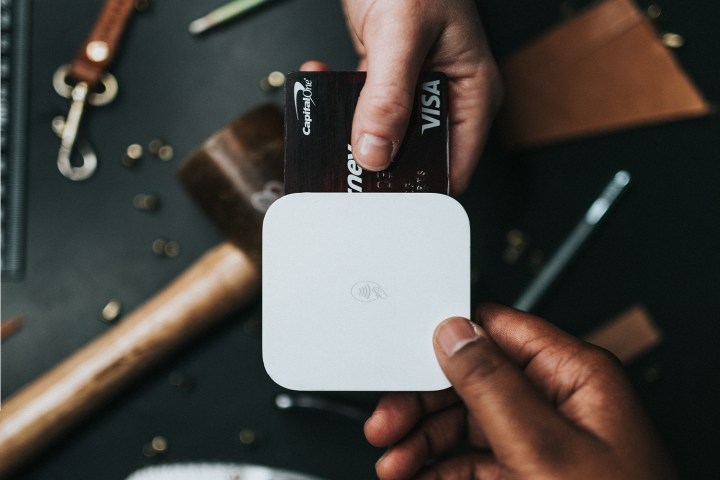
By now, you may have heard that Capital One has recently announced a massive data breach that has reportedly affected approximately 100 million people in the United States and six million in Canada. While this news can understandably induce panic, it’s important to remember that there are ways to protect yourself in the event that you and your accounts are one of the ones affected in massive data breaches like this one or the recently settled Equifax breach.
Capital One has issued its own set of guidelines and FAQ answers regarding the breach and how to handle it. That’s a good place to start. In addition, we’ve gathered a few other tips to keep in mind to help you safeguard your accounts.
Unsure if you were affected? Here’s how to find out
According to Capital One’s guidelines on the matter, the bank holding company will notify those affected by the breach “through a variety of channels.” In addition, Capital One has advised its customers to “enroll in account alerts” to better help them review their accounts and spot suspicious activity. Capital One customers have also been advised to call the number on the back of their cards to report any unusual activity on their credit card accounts.
It is also worth mentioning that Capital One emphasized the fact that while they will be notifying those affected by the breach, that they are not doing so by calling or sending emails that ask for personal information, including credit card information or account information. If you suspect that you received such an email, customers are encouraged to just forward the email to abuse@capitalone.com and then delete it.
How to protect yourself
Step 1: Take advantage of free credit monitoring, free identity protection, and free credit reports, if offered.
Capital One has said that for those affected by its data breach, it will “make free credit monitoring and identity protection available.” In addition, you should also go ahead and request a free credit report from each of the three national credit reporting agencies (Equifax, TransUnion, and Experian). You are allowed one free credit report from each of these agencies every 12 months, and you can request them from AnnualCreditReport.com. These credit reports can help you spot suspicious activity on your accounts, as well as other inaccuracies like accounts you didn’t actually open yourself. And once you spot the unusual activity on your reports, you can contact the credit bureaus and dispute the activity to have it removed.
Step 2: Sign up for a credit monitoring service.
As we mentioned earlier, Capital One will offer those affected by data breach free credit monitoring services. But if you don’t want to wait until those go into effect or you’re unsure if you’ll qualify for the free credit monitoring from Capital One, you can still sign up for your own credit monitoring service. In fact, if your strapped for cash but still want to keep an eye on your finances and accounts, you may want to consider signing up for Credit Karma. As noted by The Balance, it’s a totally free credit monitoring service that allows you to monitor your credit report information from both TransUnion and Equifax for free. In addition, for those credit reports, Credit Karma also provides unusual/suspicious activity alerts.
Step 3: Set up an initial or extended fraud alert on your credit report.
In its guidelines, Capital One has also said that people who may have been affected by the breach can also set up either an initial or extended fraud alert on their credit reports as an additional protection from the effects of the breach. Both types of fraud alerts will alert you and “potential lenders” when someone tries to apply for loans or credit using your identity. An initial fraud alert will remain on your report for 90 days. An extended alert can remain on your report for seven years and is usually for those who’ve had their identities stolen. You can obtain a fraud alert by calling any of the three main credit bureaus.
Step 4: You may want to freeze your credit.
Both The New York Times and CNN recommend freezing your credit in situations like this. Credit freezes are helpful because they prevent others from having access to your credit reports without your consent. They’re also helpful because freezes don’t allow scammers to successfully apply for credit in your name, simply because lenders can’t access your credit report in the first place, at least not unless you choose to unfreeze your credit. And if lenders can’t review your credit, they won’t grant that person credit. But as CNN notes, there is one hitch: You’ll still need to unfreeze your credit if you want to apply for loans and credit cards and you may have to wait a short while for it to unfreeze.
Editors' Recommendations
- Use Comcast for internet? Your personal data may have been hacked
- Hacker ranks explode — here’s how you can protect yourself
- Microsoft data breach exposed sensitive data of 65,000 companies
- Personal data of 69 million Neopets users is now up for sale after a data breach
- Robinhood reports data breach affecting 7 million customers


